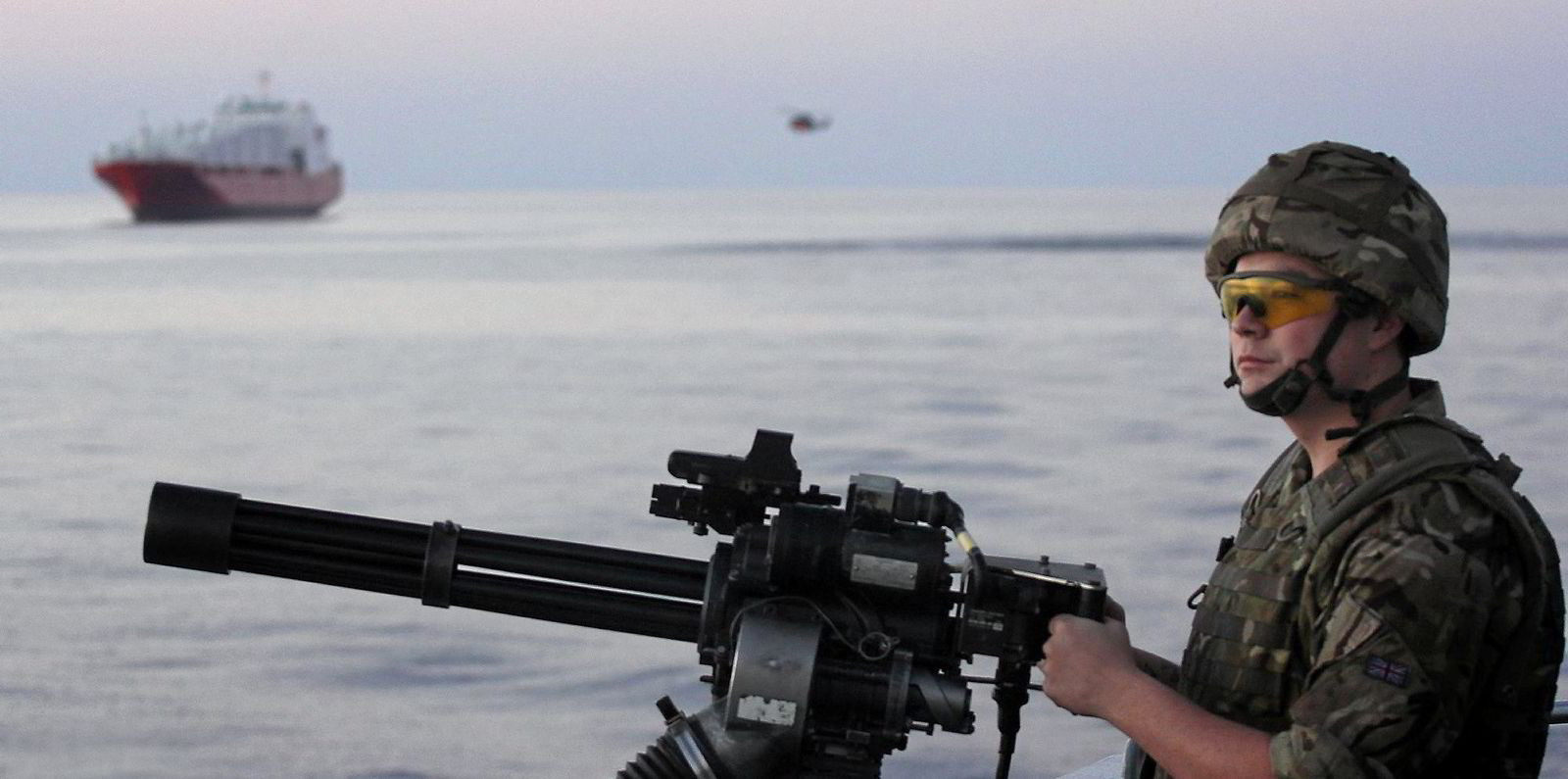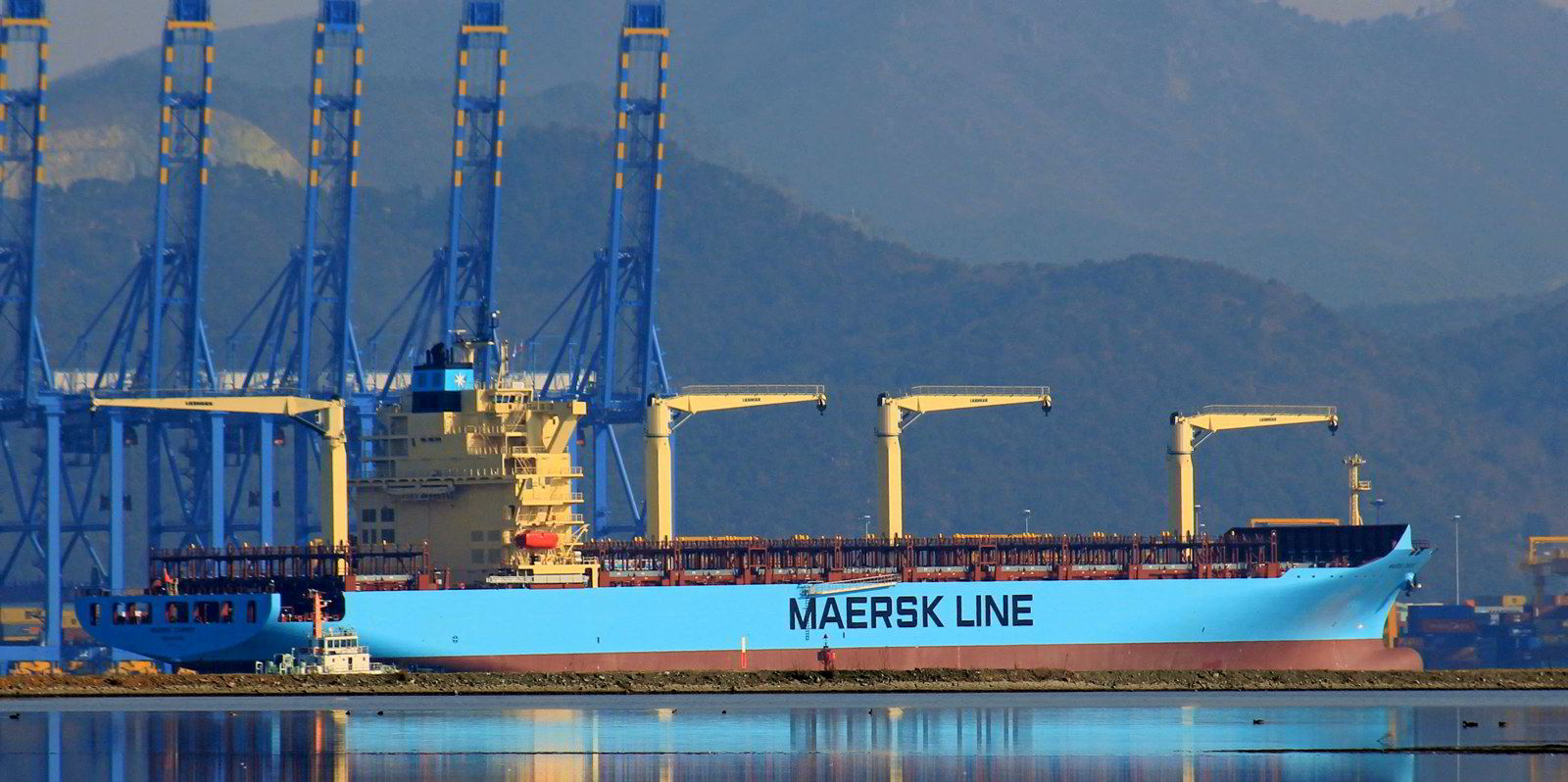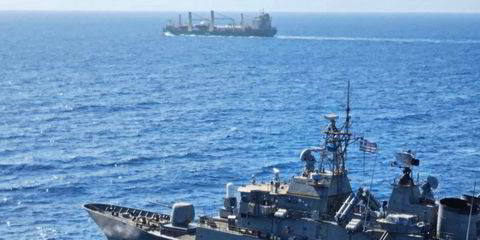Maersk has become the latest shipowner to demand a more effective military response to the surge in piracy off West Africa.
The call comes after a Maersk containership was reportedly twice attacked by pirates off Nigeria late last week.
After the incidents involving the 4,496-teu Maersk Cardiff (built 2013) all crew were confirmed safe and the vessel secure.
“It is unacceptable in this day and age that seafarers cannot perform their jobs of ensuring a vital supply chain for this region without having to worry about the risk of piracy,” Aslak Ross, head of marine standards at Maersk, told Bloomberg.
“The risk has reached a level where effective military capacity needs to be deployed,” he added.
Since 1 December 2019, there have been 17 attacks or attempted attacks in the Gulf of Guinea high-risk area, according to UK security consultancy Dryad Global.
The International Chamber of Commerce’s International Maritime Bureau said last week that 135 crew were kidnapped from their vessels last year.
The Gulf of Guinea accounted for over 95% of this figure, with 130 seafarers seized in 22 separate incidents.
Particularly worrying
Ralf Nagel, chief executive of the German Shipowners' Association (VDR), said the new numbers were "particularly worrying" for West Africa.
He urged that the European Union to do "everything in its power" to solve the problem in West African states.
Late last year, Denmark's Ministry of Defence met with Torm chief executive and Danish Shipping chairman Jacob Meldgaard to discuss the security situation in the waters off West Africa.
Danish defence minister Trine Bramsen is reportedly aiming to bring together other countries in an effort to fight piracy in the region.
Danish industry sources told TradeWinds it was necessary to assemble an international coalition to build a military presence in the region.
It has been suggested it could operate similarly to the two missions in the Strait of Hormuz — the US-backed International Maritime Security Construct and the European Maritime Awareness in the Strait of Hormuz — launched last year after Iran allegedly began harassing commercial ships.






